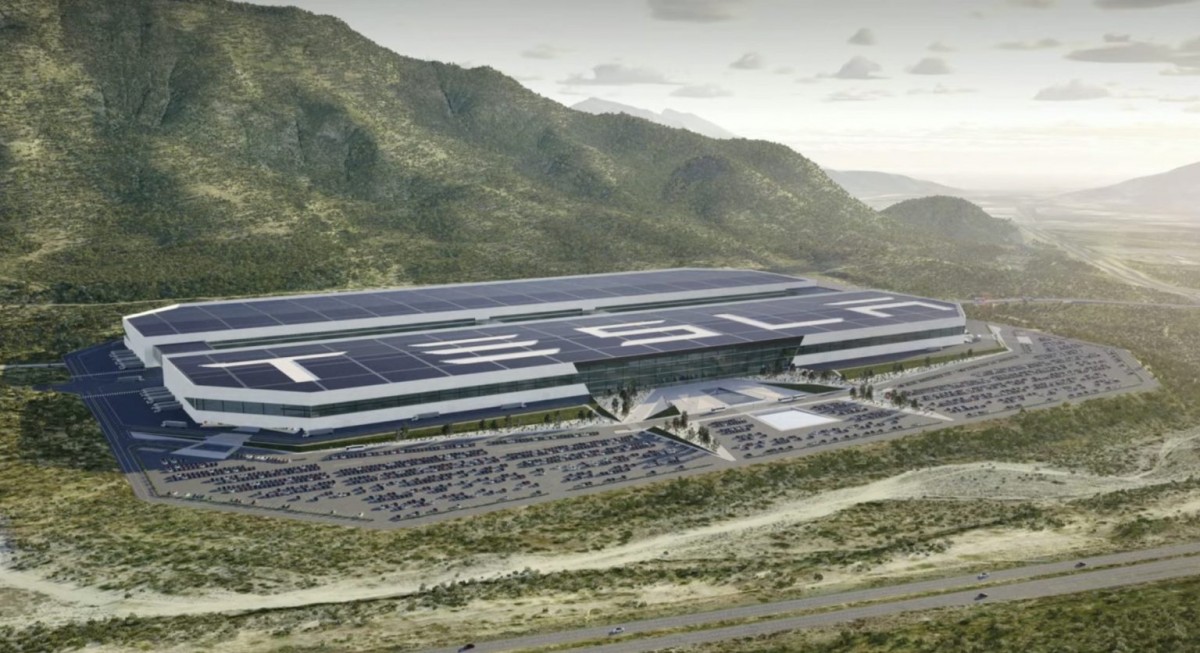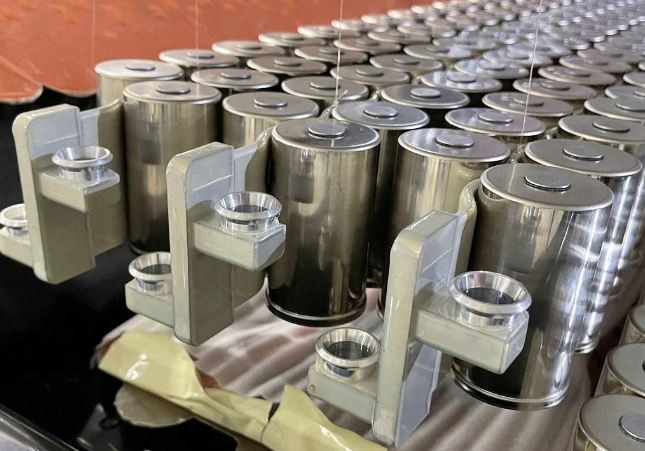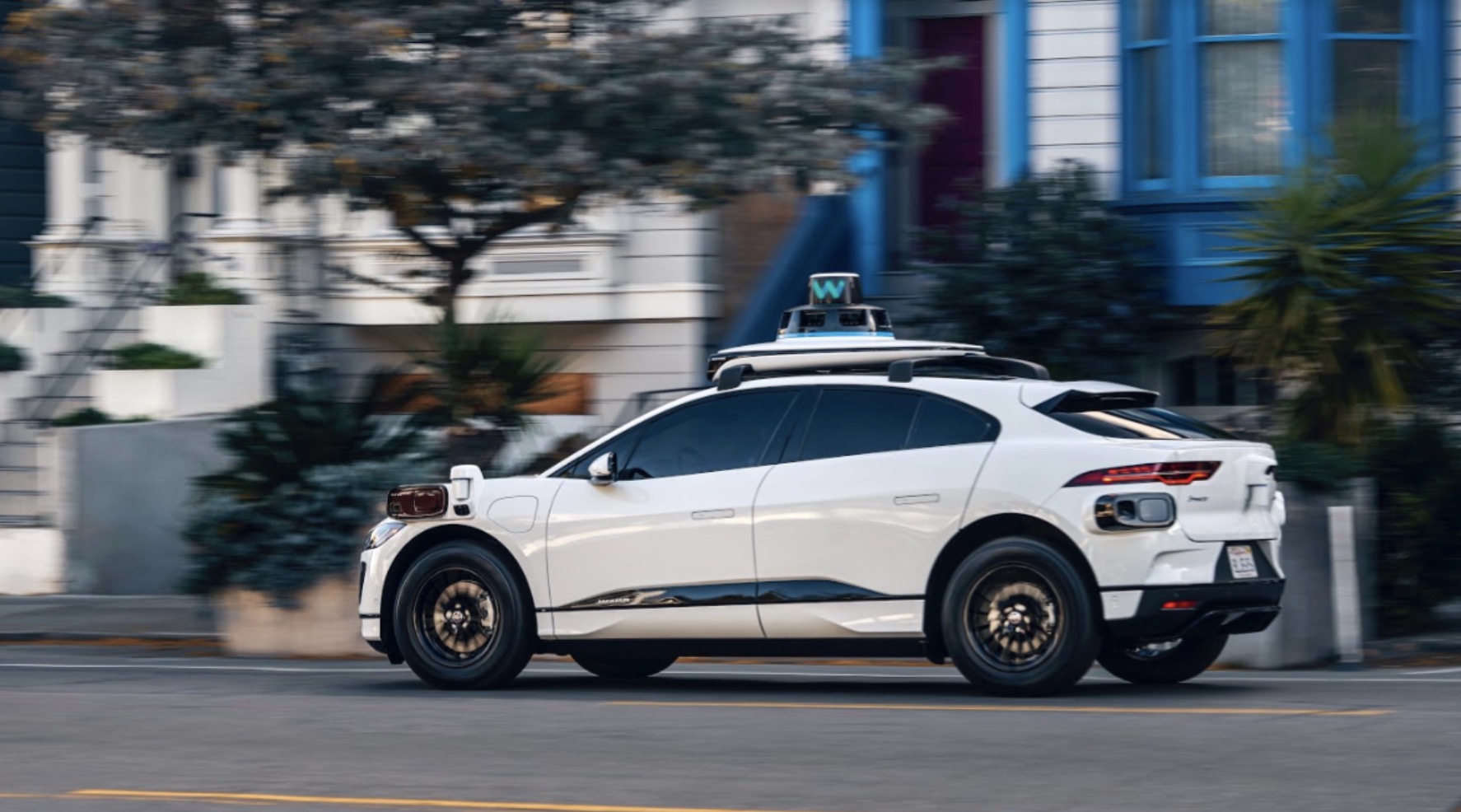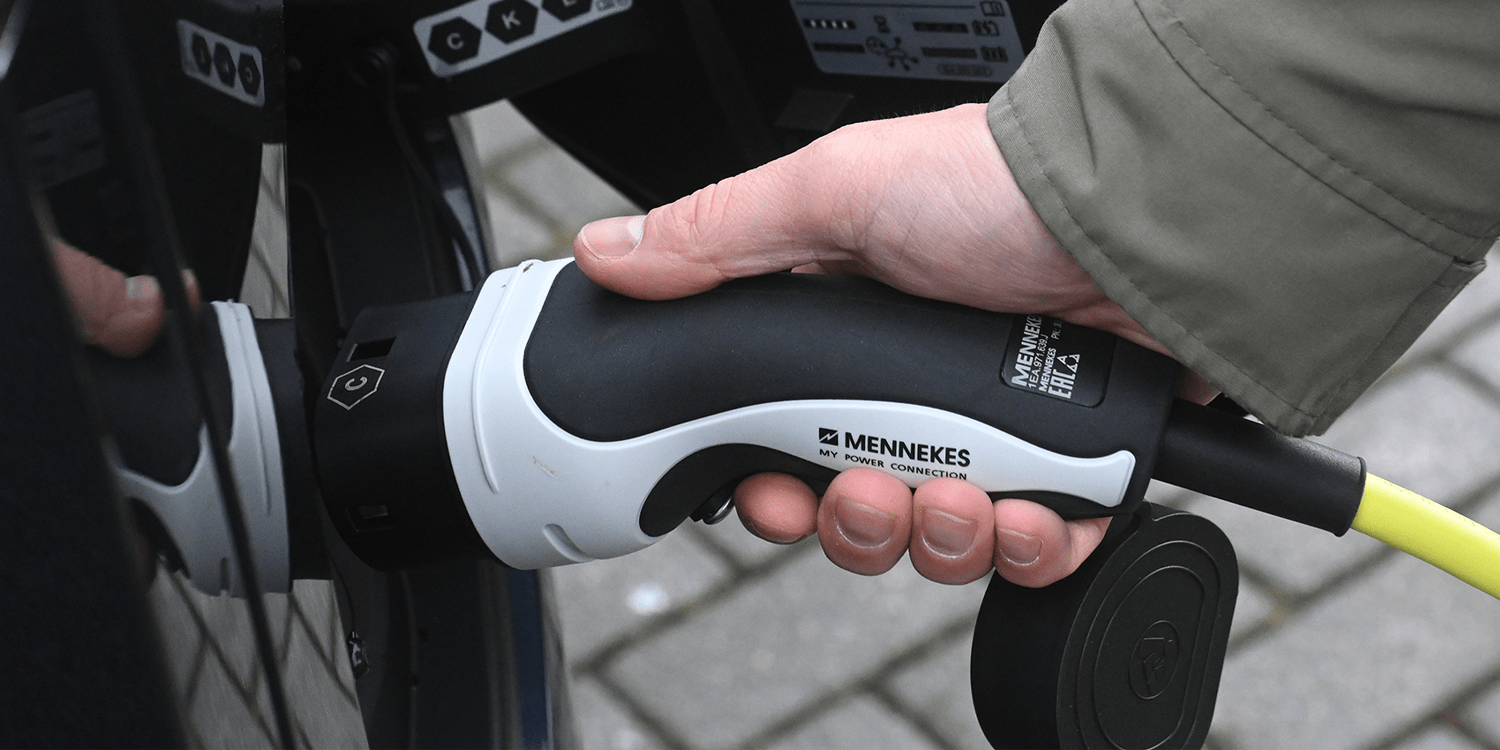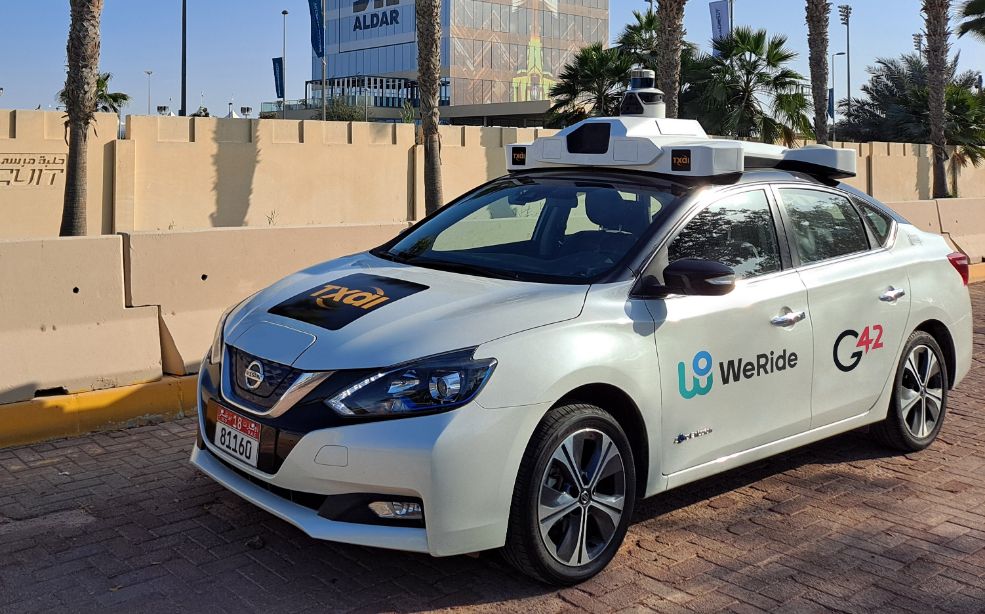In the realm of electric vehicles, enthusiasts and adventurers had been eagerly awaiting the launch of the fully electric camper version of the renowned Volkswagen ID.Buzz. However, the anticipated release of the ID.Buzz California has encountered a setback, as Volkswagen recently revealed its decision not to introduce this variant in the near future.
Despite ongoing efforts, Volkswagen’s commercial vehicles division has determined that the production of an electric camper van would pose challenges due to its weight. While the demand for an electric camper version of the ID.Buzz remains substantial, Volkswagen has conveyed that the implementation of such a concept would result in a vehicle too heavy to meet European regulations.
In a statement provided to Edison media, Volkswagen disclosed that outfitting the potential ID.Buzz California with equipment equivalent to the current VW California would escalate the vehicle’s weight to a minimum of three tons. This increase in weight would place the ID.Buzz California beyond the permissible threshold for European category B driving licenses, which cover vehicles up to 3.5 tons in total weight, considering payload capacity.
As a consequence of this weight limitation, Volkswagen has opted to divert from its original plan to develop the upcoming VW California 6.1 based on the ID.Buzz. In fact, the forthcoming model will not retain the familiar name and will instead be introduced as the Multivan.
Volkswagen is poised to introduce its “California Concept” at the prestigious Dusseldorf Caravan Salon, scheduled to take place from August 25 to September 3, 2023. This innovative concept will be rooted in Volkswagen’s Multivan platform, featuring an extended wheelbase and a hybrid drivetrain configuration.
According to sources, the production iteration of the “California Concept” is slated to commence its rollout in the following summer at the VW Commercial Vehicles facility in Hannover, Germany.
While the ID.Buzz California is not off the table entirely, Volkswagen acknowledges the complex challenge of bringing this concept to market within the current decade. The envisioned camper version demands advanced battery technology characterized by heightened energy density and extended range, all while maintaining cost efficiency.


